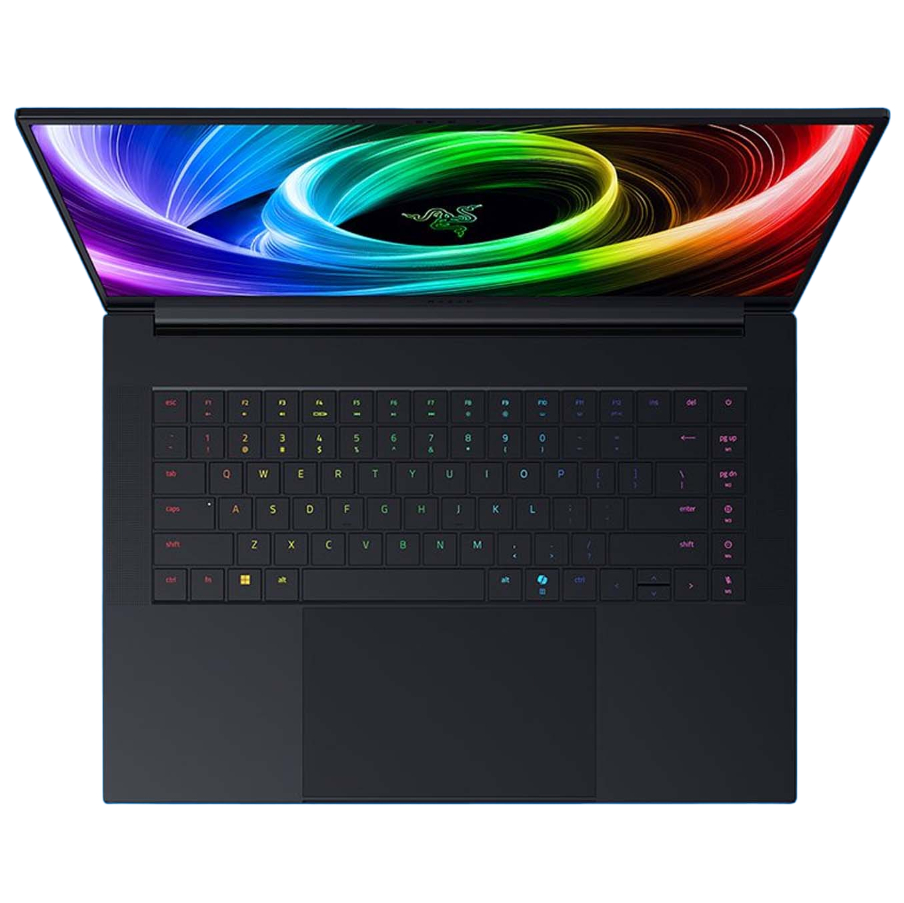Another malware masquerading as a Steam game took tens of thousands from streamer's cancer recovery donations
Though there is a happy ending.

Keep up to date with the most important stories and the best deals, as picked by the PC Gamer team.
You are now subscribed
Your newsletter sign-up was successful
Want to add more newsletters?

Every Friday
GamesRadar+
Your weekly update on everything you could ever want to know about the games you already love, games we know you're going to love in the near future, and tales from the communities that surround them.

Every Thursday
GTA 6 O'clock
Our special GTA 6 newsletter, with breaking news, insider info, and rumor analysis from the award-winning GTA 6 O'clock experts.

Every Friday
Knowledge
From the creators of Edge: A weekly videogame industry newsletter with analysis from expert writers, guidance from professionals, and insight into what's on the horizon.

Every Thursday
The Setup
Hardware nerds unite, sign up to our free tech newsletter for a weekly digest of the hottest new tech, the latest gadgets on the test bench, and much more.

Every Wednesday
Switch 2 Spotlight
Sign up to our new Switch 2 newsletter, where we bring you the latest talking points on Nintendo's new console each week, bring you up to date on the news, and recommend what games to play.

Every Saturday
The Watchlist
Subscribe for a weekly digest of the movie and TV news that matters, direct to your inbox. From first-look trailers, interviews, reviews and explainers, we've got you covered.

Once a month
SFX
Get sneak previews, exclusive competitions and details of special events each month!
This year has come with a few too many reminders that even verified storefronts like Steam can't fully protect you from malware. Where previous attempts like PirateFi got as far as stealing Steam accounts, a new malware has stolen hundreds of thousands of dollars. One of those worst affected by this latest scheme was someone raising money to fight cancer.
As reported by Tom's Hardware, a streamer named RastalandTV went live earlier this week, looking to raise $5,000 to fight stage 4 cancer. After being prompted to download a Steam game named BlockBlasters from his chat, he lost $32,000. It turns out, on August 30, that the Steam game had been injected with malware, and upwards of $100,000 was reported stolen by streamers, creators, and crypto owners.
For anybody wondering what is going on with $CANCER live stream... my life was saved for whole 24 hours untill someone tuned in my stream and got me to download verified game on @Steam After this I was drained for over 32,000$ USD of my creator fees earned on @pumpdotfun and… pic.twitter.com/8YH4njd46ESeptember 21, 2025
G Data broke down how exactly this happened and pointed to the injection of a 'game2.bat' file that was added to the game in August. G Data points out this is "a very sobering reminder that malware does real damage to real people and is far more than just some abstract number in some abstract and faraway place."
According to SteamDB, around 6k users own BlockBlasters, and Gamalytic suggests hundreds had the game installed. Being free-to-play (and with an 88% review score before it was taken down this week), it was easy to get access to and being on Steam comes with the implied assurance that the game itself is safe.
A different streamer claims this same malware stole $15k from them, and another points out that users are going into streams to specifically recommend the game.
A forensic report soon came out about the malware, produced by multiple investigators and experts. In it, multiple counterhackers not only linked the malware to specific updates made to the game, but they also noted that contact was made with the hackers via Telegram. The report shows a hacker saying they will send back the money, "which they didn’t and proceeded to nuke everything."
"They will face their punishment in due course," the forensic report warns.
Keep up to date with the most important stories and the best deals, as picked by the PC Gamer team.
Within a single day, one of the people behind BlockBlasters was found. VX Underground, one person involved in the reporting, shared that a Telegram was linked to the stolen data, and the Telegram ID of one person involved in making the malware was then linked to "several fraud chatrooms", an advertisement "looking for a video game programmer to make a basic 2D game", and another advert "needing help with some malware stuff."
This same Telegram ID was linked back to photos next to expensive cars and a Linktree with a YouTube, Twitter, and other forms of social media. Another streamer showed that some accounts embedded in crypto Twitter were reaching out to prominent cryptobros to get them to try the game.
⚠️ Urgent https://t.co/2XwOuQcC0z and @Steam warning! ⚠️There is maliscious software hosted by steam. The title below just drained me for $15,000 and god knows what other information from my computer. Please take action daddy Gabe Below i have provide the hackers address… pic.twitter.com/ihaCSpptYtSeptember 20, 2025
In this particular case, there is a relatively happy ending. After flagging the problem, RastalandTV was reimbursed for $30,000 from crypto content creator Alex Becker, the hacker was identified, and Rastaland will now be able to afford the treatment he was saving towards.
Earlier this year, a free-to-play web 3 game was taken down for containing "malicious files" after over 7,000 players downloaded it. It managed to steal people's Steam accounts and even spent money from users' Steam wallets, though it didn't appear to get access to more than that.
Then, in July, an early access survival crafting game named Chemia was also spotted hiding malware. The fact that any malware can get onto Steam is certainly worrying, and the fact that so much money can be taken for simply downloading a free-to-play game makes me a tad cautious of game recommendations from strangers going forward. We have reached out to Valve for comment on what more can be done to protect users from malware on Steam.

1. Best gaming laptop: Razer Blade 16
2. Best gaming PC: HP Omen 35L
3. Best handheld gaming PC: Lenovo Legion Go S SteamOS ed.
4. Best mini PC: Minisforum AtomMan G7 PT
5. Best VR headset: Meta Quest 3

James is a more recent PC gaming convert, often admiring graphics cards, cases, and motherboards from afar. It was not until 2019, after just finishing a degree in law and media, that they decided to throw out the last few years of education, build their PC, and start writing about gaming instead. In that time, he has covered the latest doodads, contraptions, and gismos, and loved every second of it. Hey, it’s better than writing case briefs.
You must confirm your public display name before commenting
Please logout and then login again, you will then be prompted to enter your display name.

